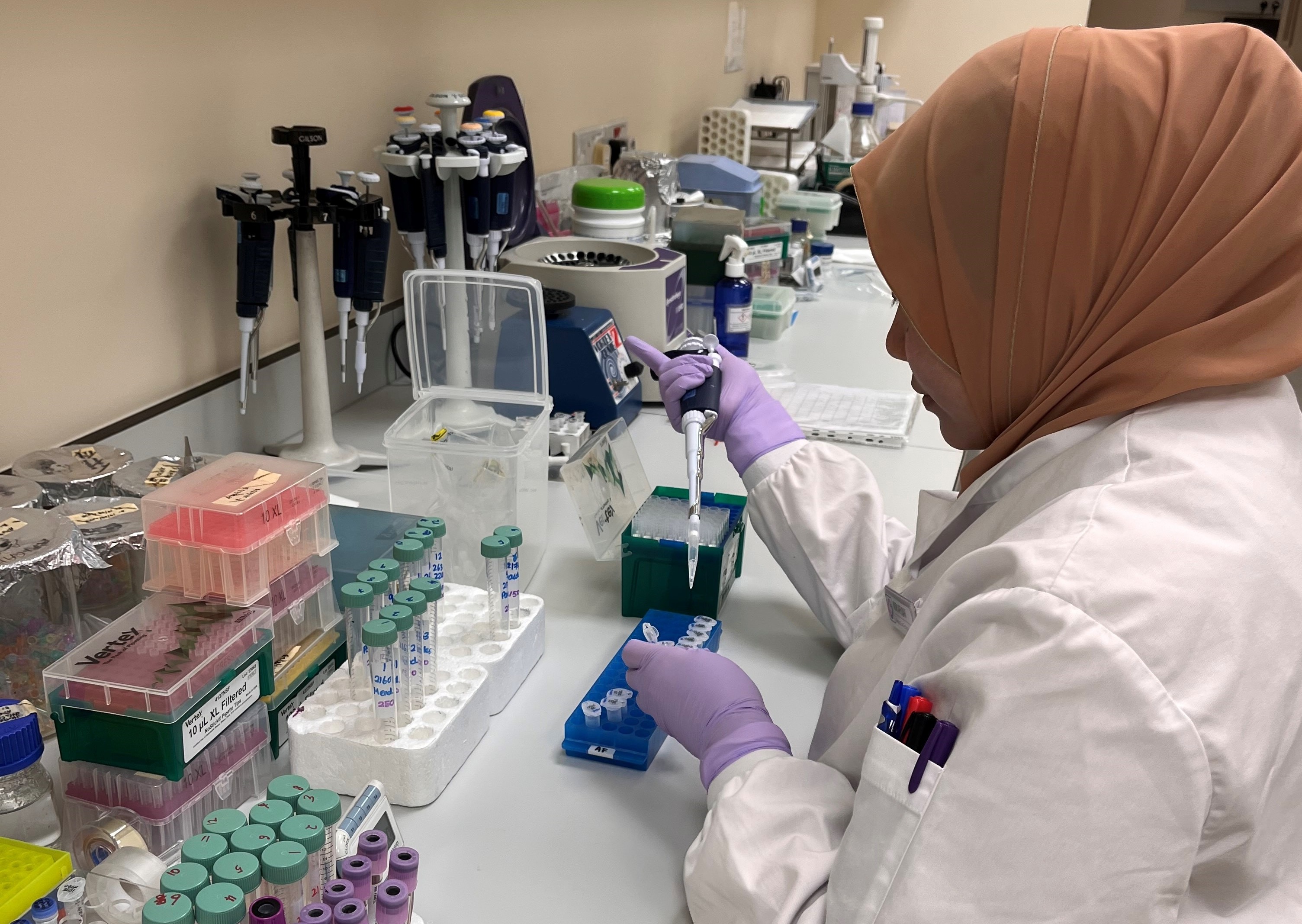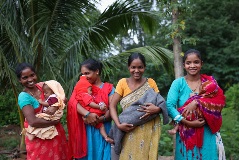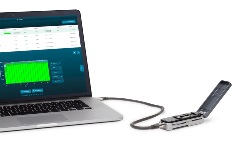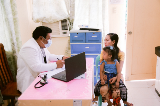Project Partner: SingHealth Duke-NUS Maternal and Child Health Research Institute (MCHRI)
Geographies: ASEAN
What is the core idea of the pilot?
More than 350 million individuals (~5% of global population) with rare diseases globally; half of the afflicted are children and 30% of the affected children will die before the age of 5 years. More than 80% of rare diseases have a genetic basis and recent advances in genomics have significantly reduced this diagnostic odyssey, with ~40% of patients diagnosed within weeks. However, access to the advances is limited to well-resourced countries, with only 2 countries in ASEAN currently having the relevant end-to-end capabilities for genetic sequencing and diagnosis. As a result, many children with rare genetic diseases remain undiagnosed, especially those from low-income families.
Why is this innovative?
The project aims to improve access to genomic testing for patients living with rare diseases in ASEAN. This will be achieved by advancing research and knowledge in genetic disorders through regional collaborations with our partners in ASEAN.
This will allow us to maximise the impact by advancing the implementation science around rare disease diagnostics in the ASEAN region, with the potential to benefit patients and families and advance maternal and child health research in the region.
What will success look like?
Over 1500 individuals over a 3-year period will be screened through this programme, with the funds used to:
- Research: Further perform R&D on solutions to hasten the diagnostic journey for patients with rare genetic disorders
- Pilot trial: Expand and pilot the solutions in other geographies within ASEAN
- Operating expenditure: Fund the operating cost, including manpower and consumables
- Knowledge building: Organise training courses to upskill healthcare professionals in ASEAN
- Policy related: Work with national as well as global institutes to work on policies to help patients with rare genetic disorders
How will success be achieved?
Success will be achieved through the following:
Genetic testing
Genetic testing will be conducted for underserved families. Individuals will be recruited from clinics/ hospitals across ASEAN. Inclusion criteria will include patients whose diagnosis remains unknown despite routine clinical testing.
Genomic database
Developing a genomic database to organise results and share data with collaborators. Authorized users can search for specific variants and document their classification results. This genomic database will help us to understand the genetic diseases that are prevalent in ASEAN.
Building ASEAN network for rare diseases
Symposiums to bring together the physicians, genetic counsellors, nurses, and laboratory teams who are involved in the care of genomic patients in ASEAN.






